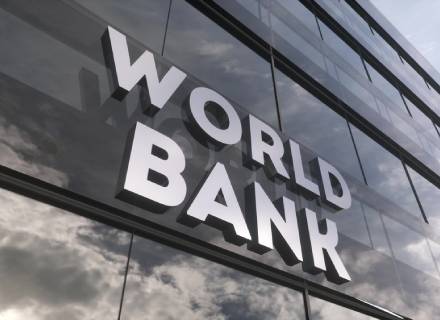The World Bank warned that oil prices might rise sharply in the event of a serious escalation of the Middle East conflict (the ongoing tension between Iran and Israel).
The World Bank also mentioned in its most recent Commodity Markets Outlook that a significant outbreak of the crisis in the area might stop the decline in inflation and boost commodity prices all around the world.
“If the conflict in the Middle East were to escalate further…oil-supply disruptions could push up global inflation,” the Washington-based international organisation said, as reported by Zawya.
Brent prices could reach USD 92 per barrel with a mild supply disruption, while oil prices could reach more than USD 100 with a severe escalation of tensions.
Earlier in April 2024, the price of a barrel of Brent crude oil rose to USD 91—nearly USD 34 more than the average price between 2015 and 2019.
“Global inflation remains undefeated. A key force for disinflation – falling commodity prices – has essentially hit a wall. That means interest rates could remain higher than currently expected this year and next. The world is at a vulnerable moment: a major energy shock could undermine much of the progress in reducing inflation over the past two years,” Indermit Gill, World Bank Group’s Chief Economist and Senior Vice President said.
Commodity Prices
After posting a sharp decline, commodity prices are now levelling off globally. Prices decreased by almost 40% between mid-2022 and mid-2023. Nonetheless, the World Bank’s index of commodity prices hasn’t changed significantly since the middle of 2023.
If geopolitical tensions do not escalate, the bank predicted that commodity prices would drop by 4% in 2025 and 3% in 2024. However, since most countries’ central banks still target higher rates of inflation, the rate of decline will not significantly reduce it.
Gold is predicted to reach a record high this year and then gradually decline in 2025. This year, increased geopolitical challenges and robust demand from multiple central banks in developing nations will support prices.
A major gas supplier, the Middle East conflict, is also causing price increases for food, fertilisers, and natural gas, according to the bank.

